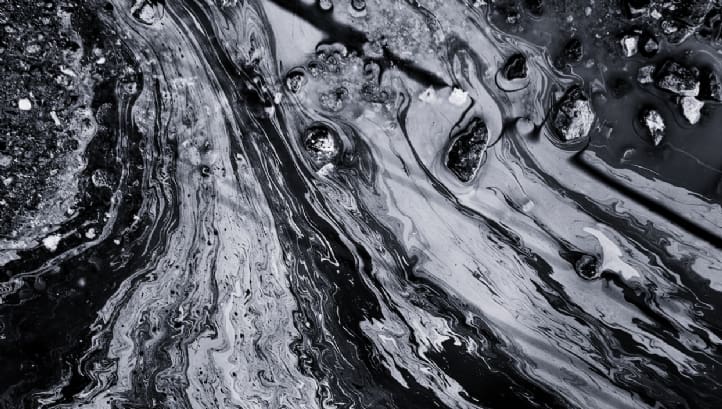Researchers at the Cockerel School of Engineering at the University of Texas have published a new study on the use of nanoparticles to separate oil from water using electrostatic force and a magnet.
The paper’s authors suggest that the technique could be used to improve water treatment for oil and gas production, and hydraulic fracturing, to clean up oil spills, and potentially to remove lead and other contaminants from drinking water.
“This new technique is really aimed at removing that little bit of oil that is left in the water [after oil production processes] that needs to be removed before you can consider it treated,” University of Texas research associate and lead author Saebom Ko told Engineering.com.
The study published in the Journal of Nanoparticle Research details how the team coated magnetic nanoparticles with polymers whose surface charge is positive. The positively charged nanoparticles and negatively charged oil droplets draw together through electrostatic force, and are then pulled out with a magnet.
The team now wants to develop a treatment system that can handle high volumes of water and oil, suitable for oil and gas applications, and plans to run tests in summer 2017.
The other authors of the paper are: petroleum and geosystems engineering professor Hugh Daigle; biomedical engineering professor Thomas Milner; and researcher Chun Huh.
‘Amine functionalized magnetic nanoparticles for removal of oil droplets from produced water and accelerated magnetic separation’ was published in Journal of Nanoparticle Research in April 2017.
